The good, bad and ugly side of quarantine in Malaysia
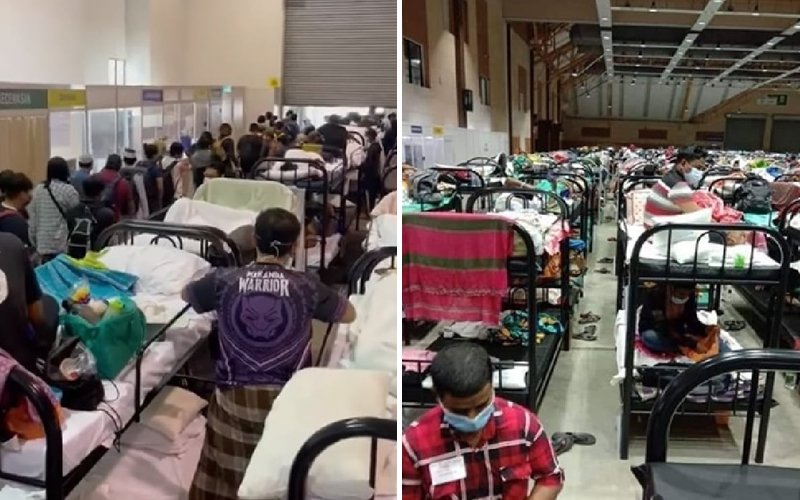
The Covid-19 scare is getting a lot scarier.
It’s not just the spiraling number of cases in the country and the frightening number of daily deaths, which has now hit 45 in a day, and more than 250 in just eight days.
Now, horror stories are coming out of the Covid-19 quarantine and low-risk treatment centers, which are also overflowing with people.
There’s hardly any quarantine going on in these centers and certainly no treatment.
They were never built for the number of people they are now seeing and hapless healthcare workers have all but given up on these centers.
The stories are the same from everywhere but the worst-hit – or the most publicized – are the ones in Serdang in Selangor and Jawi in Penang.
At both centers, beds are stacked next to each other, with little space for social distancing.
In MAEPS, the car park was converted into a quarantine area exclusively for foreign workers but is now being shared by both Malaysians and foreigners.
The center in Jawi was only opened in March, with the refurbishment of the Mara Excellence Centre. It began well enough with enough space for about 1,000 people,
Two months later, the place is falling apart.
The pipes are leaking, the toilets are filthy, and there is little space to maneuver. The inmates are at almost touching distance from each other.
The toilets leak and showerheads are missing.
“No one cares,” says Gopal (not his real name) who has just come home. “People do as they please. They walk around in groups, some don’t even wear masks.
“Others smoke (when faced with a respiratory disease?), and worst of all, some Bangladeshis or Myanmar chew betel and spit all over the place.”
The foreign workers, he said, also lacked hygiene and would often throw their underwear into the toilets, worsening the problems.
And there was no medicine. “What medicine? They told me that I was going there for treatment but there was nothing. I just stayed there for a few days and then they told me I could go home. I couldn’t wait to get out of there.” he said.
The same story was told in MAEPS by a colleague who has just returned. He says medicines are only administered if someone asks for them at the counter.
Otherwise, the nurses and healthcare workers are just too busy trying to make sense of the place.
There is no control over who sleeps where. “Just go to any bed that’s free and lie down,” the colleague was told.
When he went back to the counter to give them the number of the bed he had taken, they told him not to bother. If they needed him, they would just call for him over the loudspeakers.
“No one had any record of who was in which bed,” he says.
He tells of bathroom doors that cannot be closed, faulty faucets, toilets without running water, and showers that suddenly go dry halfway through a bath.
“I learned a lesson – always use the fifth cubicle from the left,” he said with a laugh.
Like all Malaysian stories, there is also a racial twist, with the Malays, Chinese, and Indians largely sticking with their own.
The daily food was distributed by the community, with each group sending representatives to collect the food for “their people”, which they would then eat in their own corner.
The good thing, though, was that there was a sense of camaraderie among the Malaysians.
In Jawi, each community had its own makeshift pantry.
“Whenever someone leaves, he would happily leave behind any three-in-one drinks, instant noodles, and biscuits he may have.”
There were a lot of leftovers in the three “pantries” but all three were willing to share with a smile.
“If the Chinese had extra food, they would come over and say: “Anneh, there’s plenty of food here. Come and take. And it was the same for the Malays and Indians,” said Gopal.
At least in quarantine, they are all equals facing the same problems, both in terms of health and accommodation.
But there is a less equal community, the foreign workers.
Sadly, they are treated as lesser beings, despite the fact that employers have to pay RM737 for 10 days for each worker.
In Jawi, they had to wait in line, unlike the other communities that could send representatives. In MAEPS, they were the last to get their food, after everyone else had been fed.
“They often got scolded, and quite loudly,” says the colleague, who had at first thought there was a fight going on.
In all this, one has to still remember the healthcare workers who are struggling to make the best out of a nightmare situation.
It can’t be easy handling so many – and so diverse – a group of people. They have to be there round-the-clock to care for the inmates and with the Covid-19 virus hanging over their heads.
At MAEPS, the healthcare workers were the ones who swept the floor, picked up the food trays and the half-eaten leftovers.
When toilets were leaky and pipes burst, they were again the ones who had to move in with spanners to do the repair work.
And they had to do all this while wearing PPEs! It must be really very hard.
I can imagine only two groups who could be smiling through all this – whoever got the contract to feed the thousands, and Grab drivers.
The food at the centers is not anything you would pine for. It’s fish and chicken, with vegetarian only if you register, and it’s pretty bland.
Almost every single person who left the Jawi center had the same thing on their mind – Penang food like nasi kandar, char koay teow or Hokkien mee, says Francis, another man who has just been released.
And as they stepped out of the quarantine center, the Grab drivers were waiting.
These guys could be really making a killing. It’s RM85 from Jawi to Air Itam on the island, RM80 from Serdang to Bangi, and RM150 to Kuala Selangor.
Oh well, where else are the Grab drivers going to make money in these tough, MCO days? FMT


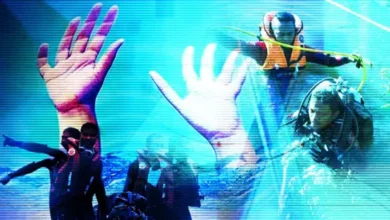
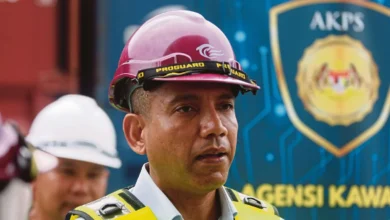
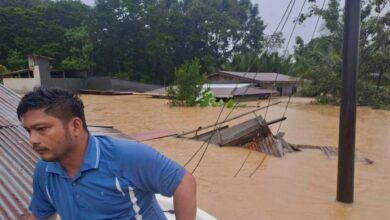
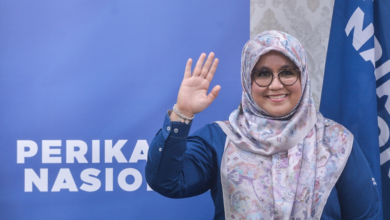
You must be logged in to post a comment.